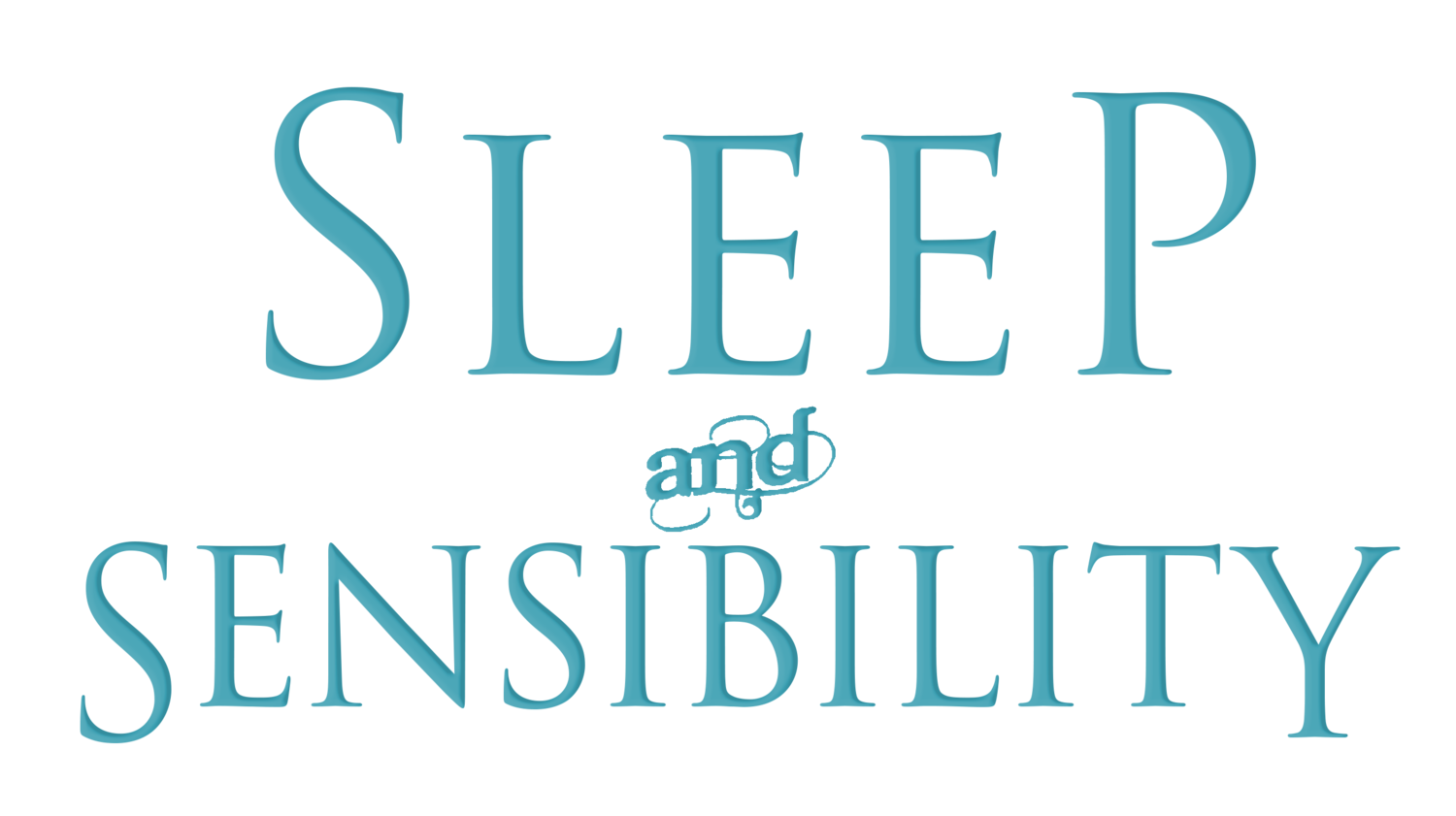Sunlight. There’s just something about warm natural light that can brighten moods and lift our spirits. For those of us in the midwest, we know exactly how game-changing a little bit of sunshine can be (looking at you Cincinnati).
But did you know that the benefits of sunlight extend far beyond our moods? The natural light we absorb during the day has a significant impact on sleep.
You’re probably familiar with the term circadian rhythm, which refers to your body’s internal clock. This circadian rhythm tells our bodies when it’s time to be awake and when it’s time for sleep.
Have you ever noticed how your children seem to “fall apart” around the same time each evening? It’s their circadian rhythm telling them it’s almost time for bed. Likewise, children often wake up at roughly the same time each day, regardless of what time they went to sleep the night before.
A healthy circadian rhythm tells the brain to be awake during the daylight hours and to sleep at night. When a child’s circadian rhythm is out of sync, you might notice more frequent nighttime wake-ups. Or perhaps getting to bed by 8:00 seems impossible. Ever have a baby that wants to “party like it’s their birthday” at 3:00 am? These irregular sleep habits are not only frustrating for parents but ultimately lead to exhaustion for the whole family.
A child’s circadian rhythm begins developing around 3-4 months of age. At this point, healthy babies with appropriate weight gain (consult your pediatrician) are capable of sleeping longer stretches at night. Hallelujah! This also means its important for parents to help their sweet little one develop a healthy and consistent sleep pattern.
Natural light plays an important role in setting the rhythm of our internal clocks. According to the National Sleep Foundation, “sunlight helps regulate our sleeping patterns.” In a particular way, morning light is an important signal for the brain to “wake up” and it sets the circadian rhythm for the day. The earlier you are able to get out and soak up some morning light, the better.
As parents, it’s important to help our children’s bodies establish this healthy sleep pattern, not only for our own sanity (though let’s be honest, we all do better when our babies sleep at night) but so they get the quality sleep they need to grow.
Establishing healthy sleep patterns requires natural light exposure.
This is easy in the summer months. We want to be outside. From zoo trips and playground visits to days spent at the swimming pool, it’s not difficult to get enough natural light exposure in the summer.
However, many of us struggle to absorb enough natural light in the winter months. We tend to stay bundled up and indoors. It’s easy to go the entire day without really enjoying the sunlight.
But you wanna know a secret...cold air isn’t bad for your kids.
All the grandmas of the world probably just fell over in shock…but it’s true. Cold air exposure can actually help boost immune systems, provide a valuable way for kids to get their energy out, and has been linked to improving problem solving and cognitive abilities.
But perhaps most importantly, exposure to cold air also means exposure to sunlight, which as we’ve already established, is vitally important for sleep patterns. As long as your children are dressed appropriately, the cold air truly will “do them some good”.
Tips For Getting Enough Natural Light In The Winter
Start Early
Try to get your kids outside within the first hour two of waking up. Natural light exposure early in the day will have the most significant impact on regulating internal clocks.Open The Curtains
Blackout curtains are often (and rightfully) a staple in homes with little kids. However, they are only necessary when your child is actually sleeping. When your child is awake, open the curtains and let the light in.Take Short Walks
You don’t need to spend a lot of time outside to benefit from the natural light. Even if you and your children simply walk to the end of the driveway and back, the few minutes you’ve spent outside will make a difference.Try A Happy Light
These lamps, designed to mimic natural sunlight, can be an easy way to get your circadian rhythm back on track, even on the gloomiest of days. It can do wonders for easing the winter blues, but also helps with setting that circadian rhythm when the sun just won’t come out or if you are suffering from jet-lag. Just be sure to use it as directed and avoid looking directly into the light as you would with the sun.
For more helpful sleep tips, please subscribe to my email newsletter, where you will receive expert information, stories, and resources designed to help you and your family get the sleep you need and deserve. As an added bonus, I’m offering you my FREE GUIDE for understanding the top reasons children don’t sleep.


